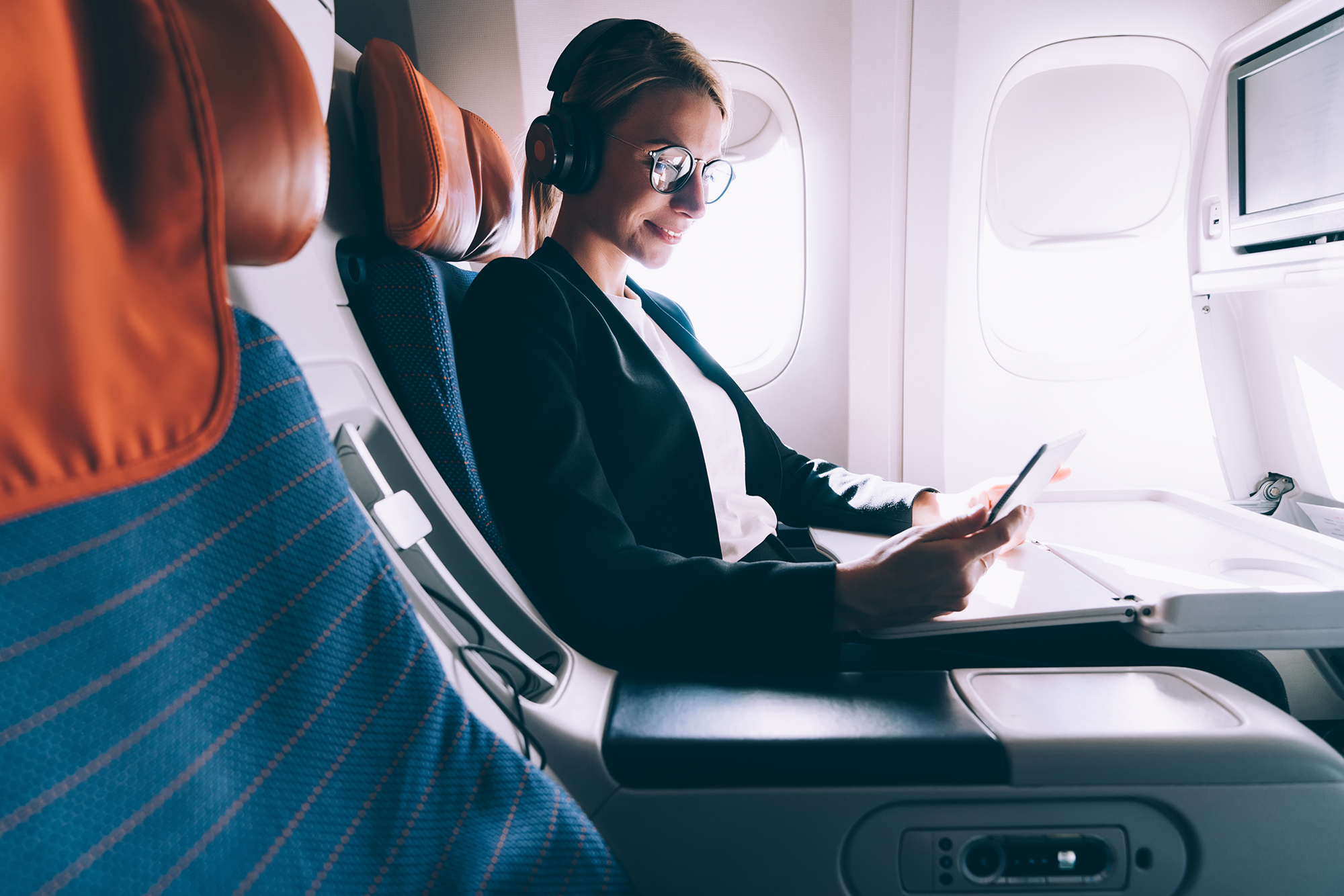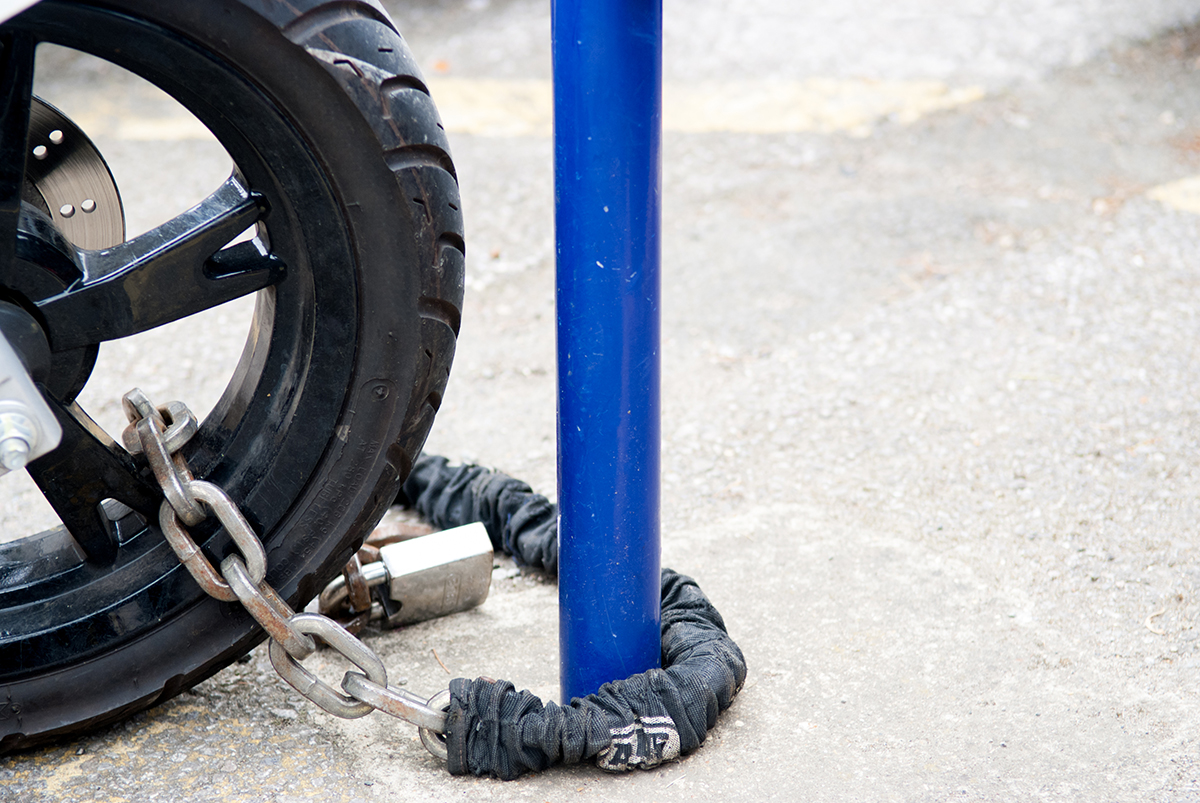With these essential tips, you can confidently navigate the hurdles of traveling with hearing loss
As the holidays approach, people everywhere are beginning to plan their trips to celebrate with friends and family.
For those living with hearing loss, traveling can come with some unique challenges. Even on short weekend trips, hopping on a plane or reserving a hotel room requires extra effort and preparation.
But with these travel tips and a bit of planning, you can set out on your adventures with confidence.
Do Your Homework
Before you pack your bags, set aside some time for research. Find out what accessibility options your airline, hotel, or other lodging options have to offer.
With enough notice, airlines and lodging facilities can set you up with services like sign language interpreters, teletypewriters, visual devices like alarms, and more.
In the US, these companies are actually required by the Americans with Disabilities Act (ADA) to offer accommodations for those who are deaf and hard of hearing.
But some lodging options—like AirBnBs, VRBOs, etc.—may not comply with the ADA. If so, call ahead and see if they can put together anything for you. Also, if you’re traveling with a service animal, fill out all the necessary paperwork well before your departure date to make sure you’re good to go.
Don’t Forget Your Supplies, Chargers, & Spare Batteries
If you use assistive technologies like hearing aids and cochlear implants, check and double-check that you’ve packed everything you need to store them properly and keep them up and running.
Depending on what you use, this can include your storage case, charging dock, portable charger, extra batteries, cleaning tools, and any accessories you may need.
Adding these essential items to your packing checklist is the best way to ensure you never go without them.
Invest in Protective Gear
If you’ve ever flown while using hearing aids or cochlear implants, you know just how loud it can be.
But turning these devices off means you won’t be able to converse with your travel buddies or hear any announcements from your flight attendants or pilots.
To shield your ears from the unrelenting sounds of air travel, consider investing in ear protection like aviation earplugs or noise-canceling headphones. These handy tools will save you a lot of headaches and can even help prevent tinnitus.
Communicate Your Needs at Every Step
It would be nice if you only had to communicate your needs once to be accommodated throughout your trip, but unfortunately, that’s rarely the case.
With so many travelers passing through each day, it can be tough for airline and lodging teams to keep track of everyone who requires special assistance.
So, to ensure you get what you need, identify yourself as someone with hearing loss at each step of your journey and ask for whatever services you require to travel comfortably.
This includes when you first purchase your ticket or make your reservation, when you arrive at the counter, at security, at your gate, and as you board the plane.
Airports: Navigating the Noise
If you use hearing assistive devices, check to see if your airport has audio induction loops you can tap into.
These send a wireless signal that connects directly to your hearing aids or cochlear implants to cut through the ever-present airport background noise, allowing you to hear with improved clarity.
Not all airports have this accommodation for those with hearing loss, but if yours does, all you have to do to connect is set your hearing device to the T or Telecoil setting.
Going Through Security
When going through security, you don’t need to worry about removing your hearing aids or cochlear implants.
Taking them off can make it difficult to hear and interact with the TSA workers. Not to mention, sending them through the item scanner on the conveyor belt or in a plastic container may damage them.
Just remember to self-identify when you get to the security checkpoint, and if you do decide to take your hearing devices off, ask for assistance to ensure they’re handled properly.
If you keep them on, be aware that if they set off the metal detector or image scanner, you may need to go through additional screening.
Download the Rescu Personal Safety App
Since calling 911 with a TTY phone can be awfully time-consuming, and text to 911 isn’t available everywhere in the US, emergency help for those with hearing loss can be complicated.
But if you experience a crisis while traveling around the US, there’s no faster way to get help than the Rescu app.
Rescu was made specifically with the deaf and hard of hearing community in mind. With just two taps on your smartphone or Apple Watch, you can dispatch fire, police, or medical services to your current location anywhere in the US without saying a word.
Rescu is set up so that you already have all your relevant personal and medical information stored in the app. That way, when you send an alert, this information is automatically sent to Rescu’s private dispatch center so responders can provide the unique care you need when they arrive. There’s no need to make a phone call or spend time typing everything out.
But if you do need to provide more information about your emergency, you can easily open a text chat with a dispatcher on the next page after you send an alert.
And the best part?
Rescu doesn’t require any additional equipment or service charges for GPS location services. All you need is your smartphone or Apple Watch and a Rescu subscription—just $10 a month—for round-the-clock protection wherever your travels take you.
Click or tap below to download today and enjoy peace of mind in your pocket. Safe travels!





